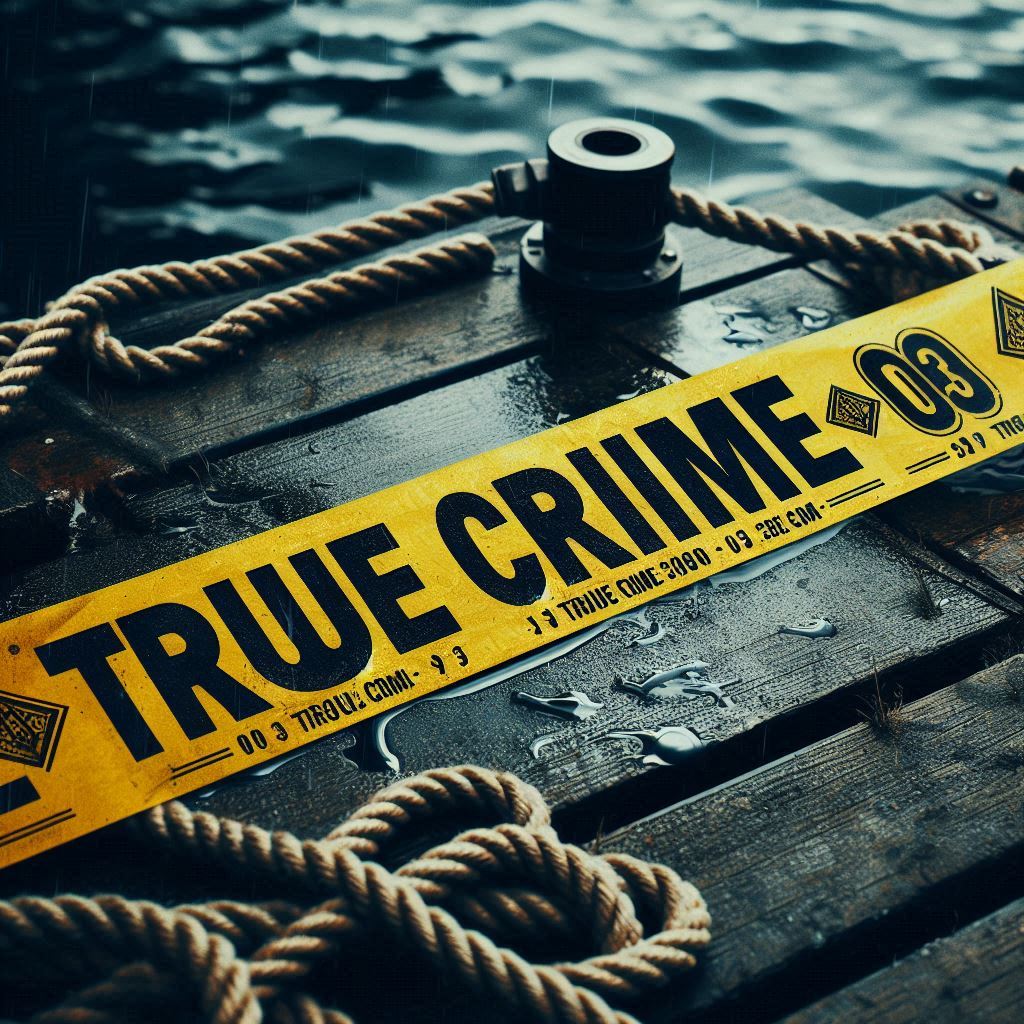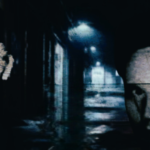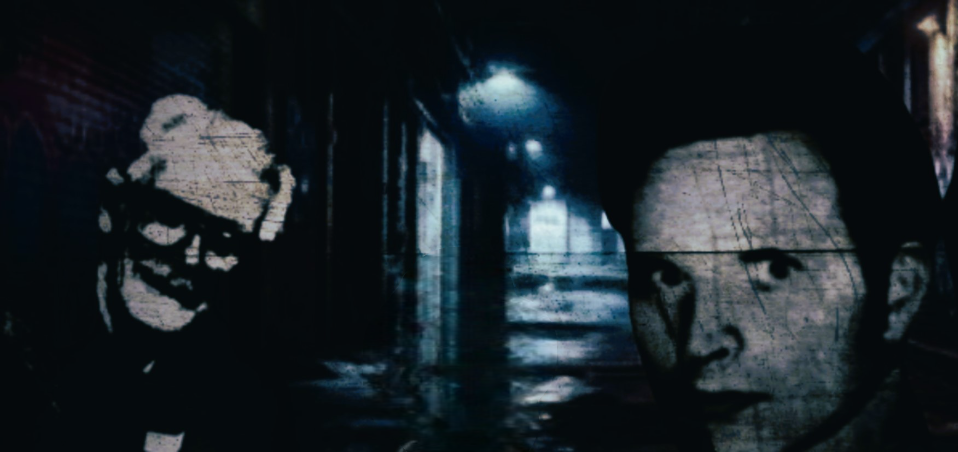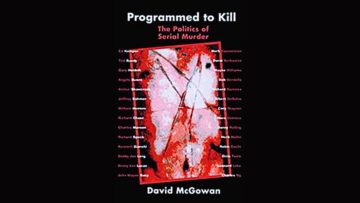From the summer of 1979 to the spring of 1981, Atlanta was a city under siege, living in fear of a serial killer. It wasn’t just the idea of murders happening—what really gripped the city was that the victims were mostly young black children. This wasn’t just a crime problem. It felt personal, like the whole community was being targeted.
The city was gasping for answers, especially since the victims shared a common profile. It was enough to make parents keep their kids indoors, and neighbors eye each other suspiciously. The name Wayne Williams eventually came into focus, but at first glance, he didn’t fit the classic image of a serial killer. Nerdy-looking and into electronics, yeah, not your typical suspect.
It’s crucial to understand the racial dynamics at play here—many in Atlanta’s black community feared a racist conspiracy. These fears weren’t unfounded given the historical context and tensions simmering in the background. The vibe was tense and the stakes were high.
The media played its part too, magnifying everything and often throwing fuel on the fire. This contributed to a kind of collective anxiety that was hard to shake. Every headline seemed to shout louder, every report a little grimmer, painting a picture that was as terrifying as it was sensational.
Now, about how they caught him: law enforcement busted out some almost new techniques at the time. They used criminal profiling to sketch out the kind of guy they were looking for and then really nailed it with fiber evidence. Those bits of fiber turned out to be a game-changer, tying Wayne Williams to multiple cases once the investigation got rolling.
Wayne Williams’ capture didn’t settle all minds though. For some, it was tough to swallow that this seemingly harmless-looking guy could be behind such gruesome acts. This disbelief was all part of the long story of doubt and debate about his guilt that continues even today.
In the aftermath, the city bore scars that went far beyond just the verdict. It left a mark on how communities would view crime, race, and their own neighborhood dynamics. The story of the Atlanta Child Murders is a chilling reminder of how fear can trickle into every corner, changing lives in subtle but lasting ways. link to buy book>> https://amzn.to/4aebN6t
Some of the links on this website are affiliate links, meaning, at no additional cost to you, I may earn a commission if you click through and make a purchase. Please note that I only recommend products or services that I personally use and believe will be beneficial for my readers.











